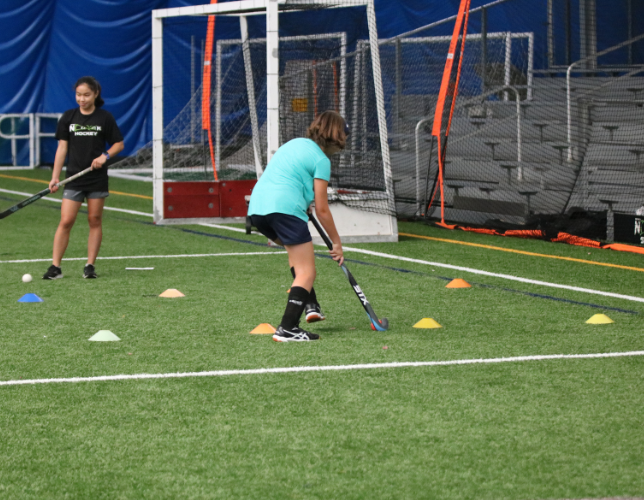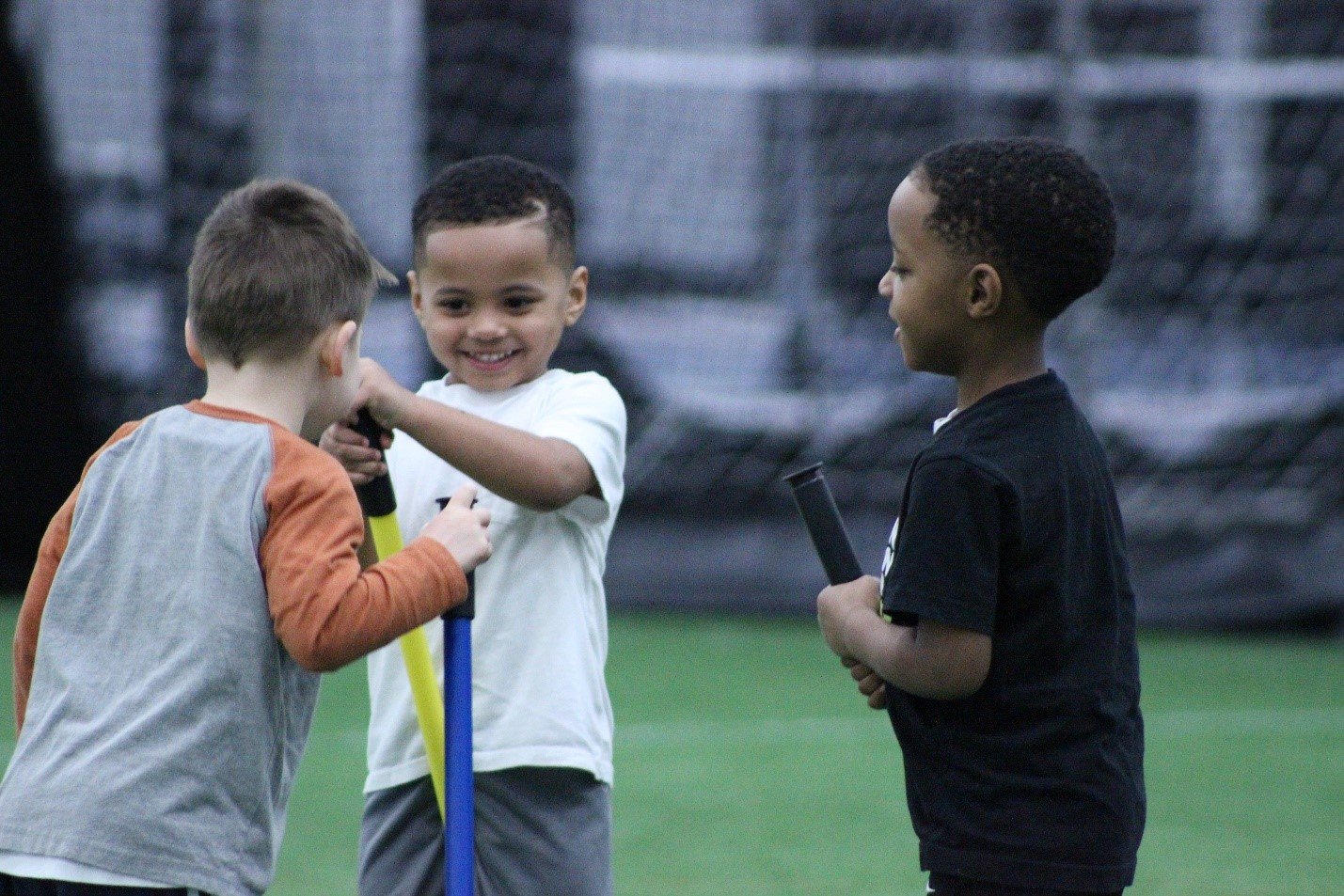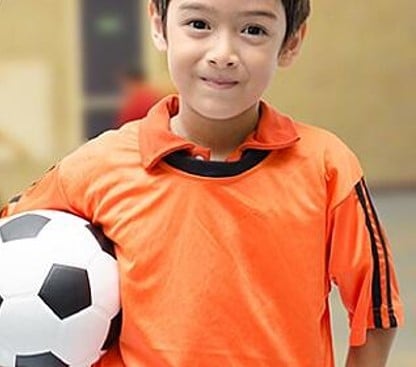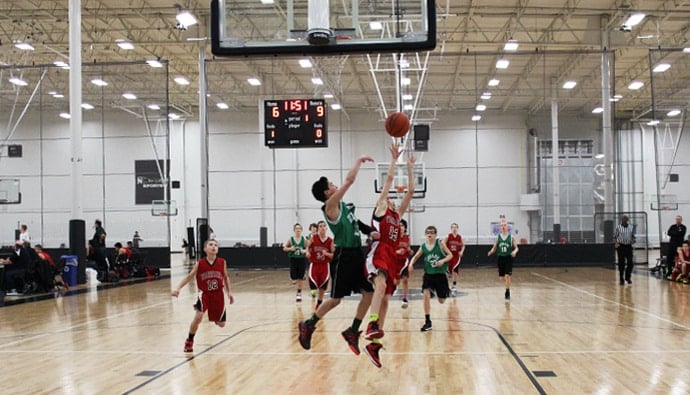
Subscribe to the Blog
Stay up to date
Think back to one of your first few memories. A lot of people might be able to say they have memories of playing some type of sport or picking up a basketball or soccer ball. Sports teach children valuable life lessons that carry into their adult lives. A lot of the skills children learn on the field, court or while playing sports, also carry over into the academic realm, prior to entering the real world.
Teamwork and Collaboration
Regardless of sport, there is always a teamwork and collaboration aspect that children can benefit from. Sports require cooperation to achieve a common goal, which creates a sense of shared responsibility and the need to work together. Children learn the skill of valuing the strengths of their teammates, resolving conflicts, and communicating effectively. Later in life, the children involved in sports can utilize those skills they learned at such a young age to be a better co-worker in their field or career. Utilizing their experiences from being on a team, they can learn how to work with their co-workers on an upcoming project or solve problems that are happening.
Every person on a team has an important role they play to assist in the success of the sports team, organization or company. Athletes can learn accountability from their other team members and coaches when playing on a team. Performance on the court or field may vary throughout the duration of the game or match, but teaching collaboration and teamwork from a young age allows the athletes to hold each other accountable by remaining a good teammate.
Communication Skills and Styles
The ability to communicate properly is an important skill children can learn very early on in life. From communicating with their teammates, to listening to instructions from their coaches, youth sports reinforce strong communication skills and styles. When children join a sports team, they will learn how not every child communicates the same as them. When learning a new sport, children develop a better understanding of each skill and activity through different verbal and nonverbal communication styles.
Sports require communication whether they’re interacting with their teammates or coaches on and off the field. Athletes will communicate, verbally or nonverbally, with others during some of the following instances:
- Taking turns during drills
- When they ask and answer questions
- Play calling and executing
- Following directions from the coaches
- Working together toward a shared goal
Strong Work Ethic
The longer you practice something, the better you can become at it! This is a skill that might take some time for children to understand. Developing the skills to have a strong work ethic will help in several aspects of the lives of children. A strong work ethic is more than just putting in hours of practice. It’s a commitment to discipline, responsibility, and integrity.
Work ethic requires a consistent effort to improve skills and develop mental toughness, which also pushes athletes to overcome setbacks. Although the most talented team member might get noticed more often, the hardest worker is what can propel the athlete to be great. Work ethic can have an impact on the team dynamic. If you have a few team members not giving it 100% during practices, when game day comes, there could be a negative impact on the team’s success.
Goal Setting
Although goal setting may seem like a skill that’s taught at a later age, coaches can begin teaching their players what goals are from a young age. For example, let’s say the kids are ages 3-4. The coach can set an attainable goal by verbalizing and communicating with everyone on the team. “Let’s aim to pass three times with your teammate from here to the goal.” This may seem like a simple goal, but for the age group, it’s appropriate. As athletes get older, the goals should remain challenging but attainable. Goal setting is a tool that athletes can learn at a young age and continue to utilize throughout their personal and professional lives.
Instilling Discipline
From getting the practice and game schedules, to establishing their routine, it’s important for athletes to have discipline. Discipline is something that can be taught to athletes from a young age. It’s also a skill that helps athletes can use when attempting to achieve their goals. Coaches can help their players gain the skills they need to have more discipline, by holding them accountable and providing feedback.
Athletes have varying areas of discipline, whether it’s physical or mental. There are times when athletes may become injured throughout their career. When returning from an injuring and rehabbing, it’s crucial for the athlete to main disciplined within their routine so they can recover properly.
Introducing sports to children at a young age is a great way to get them developed and acclimated to a team setting. Children will learn how to take on adversity and utilize those skills to problem solve on the field and in the future. Spooky Nook Sports has clinics available for children as young as two-years-old. Learn about how you can get your child involved in youth sports at The Nook today!













